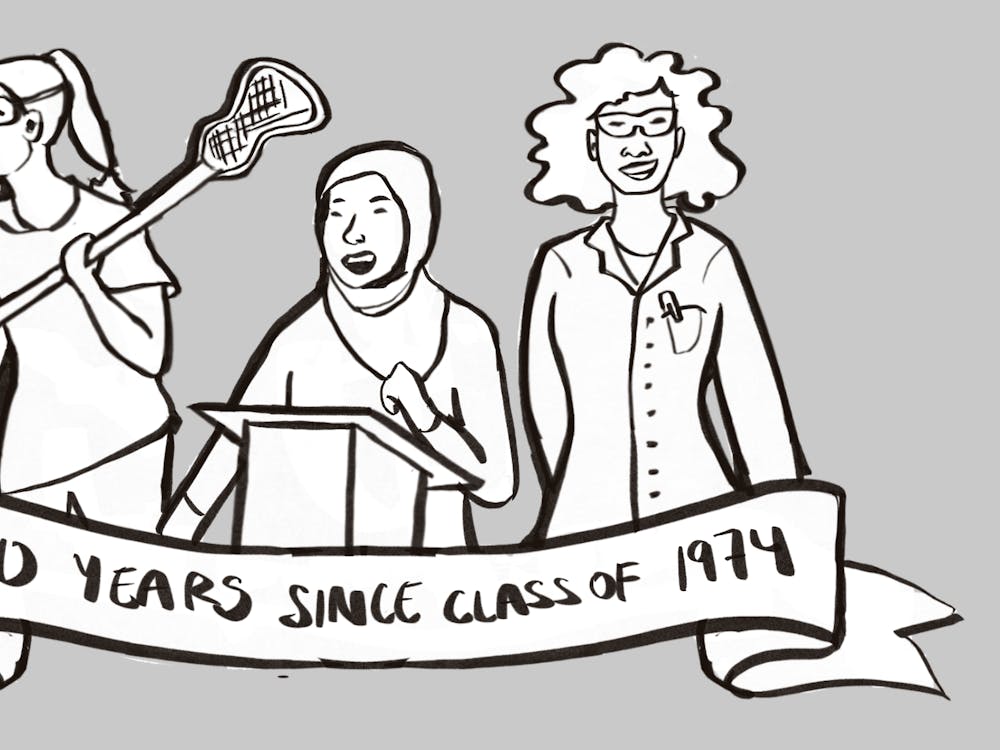Change is the only constant. In student administration, this premise can certainly be applied broadly. Indeed, many who facilitate conversations about student leadership and involvement often preach the importance of adaptability, to be creative to avoid being stagnant, to innovate to achieve greater things, to experiment as a way toward new beginnings.
The field of leadership does not have a monopoly over change. Organizationally, change is demanded when we fall short of excellence, such as the inefficient meetings I wrote about in the past. Individually, change is desired in our conversations with others, either to persuade others or to clarify our own perspectives.
We have co-opted the concept of change for our own purposes and found ways to define it to our benefit. We take advantage of the fact that change is so universal that there is more than enough to go around and by extension, more than enough to claim.
Change is stressful. It is often the basis for which we give ourselves excuses, or “greater flexibility,” to find our footing and our direction. Yet, when change is a constant, would that mean that we give ourselves constant excuses or unending flexibility? The ubiquitous nature of change, along with our willingness to both embrace and be beholden to it, has created situations where ambiguity hinders progress, where preoccupations with the here and now stand in the way of what might be, where present frustrations prevent future excellence.
My biweekly column has focused extensively on the student experience and on the systems and structures that affect students here. By nature of our attendance and involvement with this institution, the organizations that surround us and how they function affect our experience both directly and indirectly.
This week, I want to focus on a critical group of people who represent change on this campus, new administrative staff members who work on the student affairs agenda or are otherwise engaged with students. Specifically, I want to engage with the idea that, as these new staff additions transition into our community, they must take time to listen, but cannot wait too long for action. Let us consider a simple model with two poles:
1: Heavy-handed and quick to act.
In a recent conversation about a new staff member, a friend and I agreed on how we respected this person’s sense of direction and the steps that were being taken to build capacity. However, I realized I wasn’t particularly comfortable with how new structures were being imposed.
Let’s be clear, I’m not arguing against change. As an administrator, I appreciate how change is necessary for efficiency and effectiveness. Yet the process of change varies.
My experience has taught me that merely copying and pasting from previous experiences does not work well in new contexts. Care must be taken to understand the environment where change is sought.
Think of it as an Excel spreadsheet. Unless one pays attention to the destination, existing cells with important content may be unknowingly replaced. Once successful formulas no longer add up.
2: Indifferent and slow to act
Consider, on the other hand, a new staff member who is tentative and cautious. Starting out with the intention of learning, decisive actions are put on hold. This creates a slippery slope where action can always be delayed in the name of “consensus building” rather than neutrality, another topic I have recently covered.
Expressions like “I don’t know, I’m new” are used in the initial weeks, but these weeks turn to months and subsequently years.
At some point, others wonder that if there’s nothing this person knows, what exactly is the point of having this person here? In the absence of performance legitimacy and gradually eroding support, individuals in this category lose their original visions and motivations, regressing to a state of mediocrity that reinforces their loss of credibility.
The dialectic between listening and acting is by far the biggest challenge that many new staff members will face. Failure to keep this fragile balance will result in a certain loss of credibility. The heavy-handed staff member who is quick to act violates existing norms and is perceived as being a bad cultural “fit,” while the inactive staff member is perceived as being mere bureaucratic excess.
Both cases can and should make us distrustful, and we all know that once lost, trust is hard to regain. To build and maintain trust, then, the mantra of “listening first but acting soon” will serve us well in new situations, staff and students alike. Unfortunately for some, it may already be too late.
Tommy Koh is a senior political science, psychology double major from Singapore.






















Please note All comments are eligible for publication in The News-Letter.